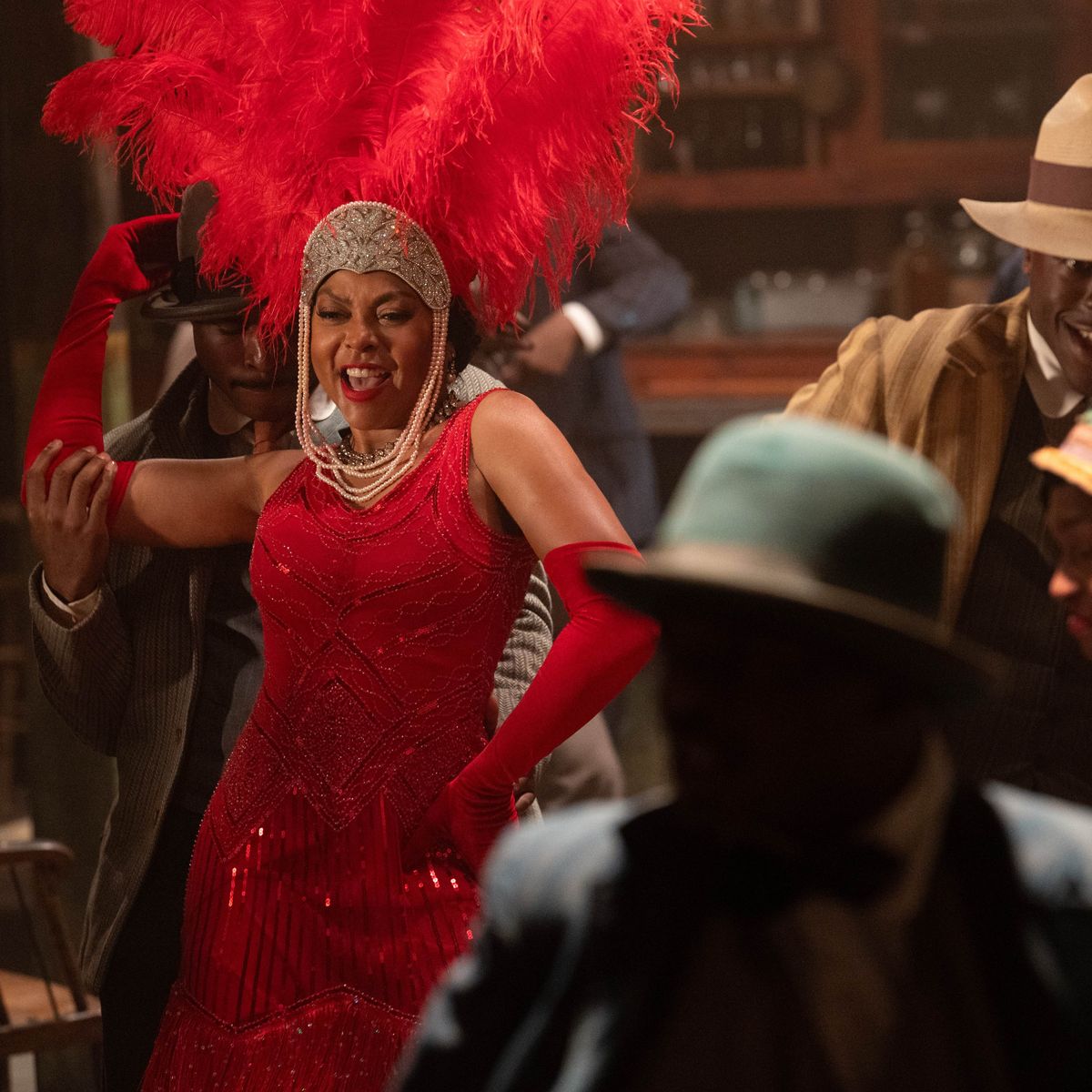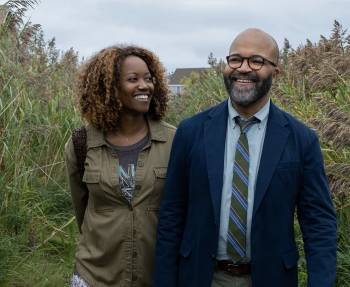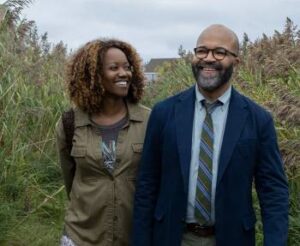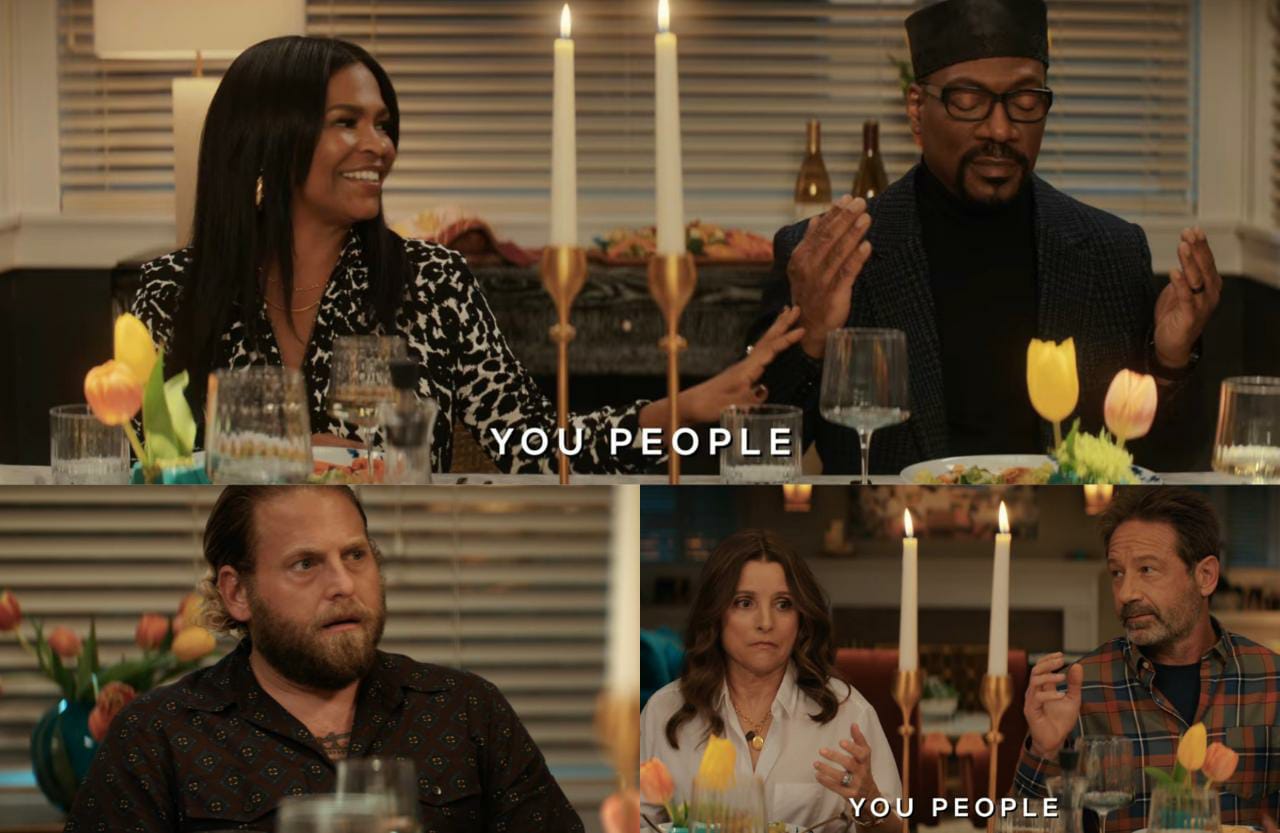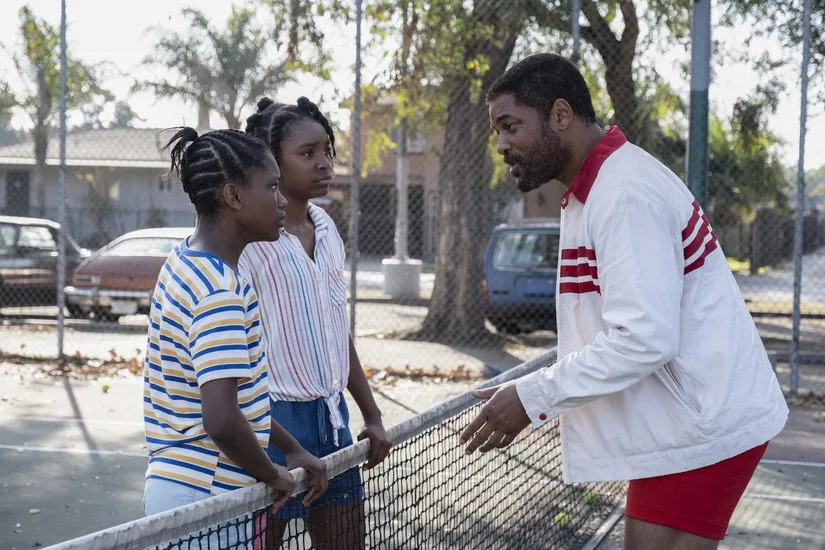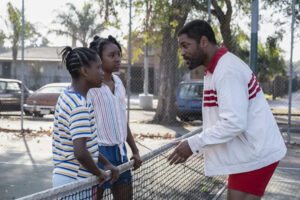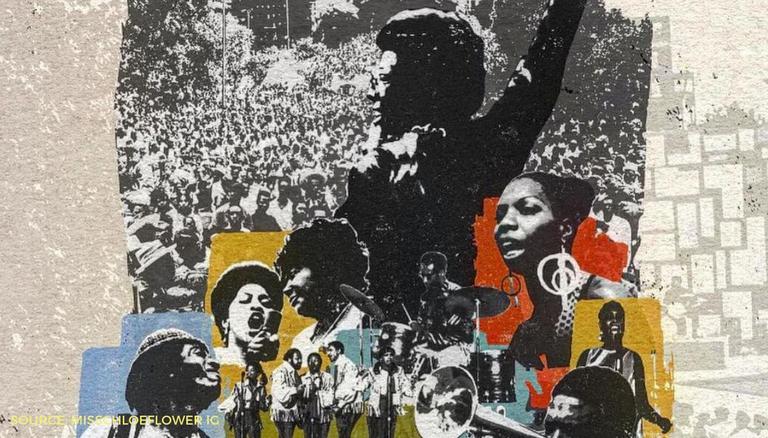The Color Purple
Posted on December 24, 2023 at 5:04 pm
A-| Lowest Recommended Age: | High School |
| MPAA Rating: | Rated PG-13 for mature thematic content, sexual content, violence and language |
| Profanity: | Strong and racist language |
| Alcohol/ Drugs: | Drinking and drunkenness |
| Violence/ Scariness: | Domestic violence, attack, character beaten by police |
| Diversity Issues: | A theme of the movie |
| Date Released to Theaters: | December 25, 2023 |

The book was made into a dramatic film directed by Stephen Spielberg, with Whoopi Goldberg as Celie and Oprah Winfrey as Sofia, who becomes Celie’s step-daughter-in-law. It then became a successful Broadway musical with music and lyrics by Brenda Russell, Allee Willis, and Stephen Bray, and a book by Marsha Norman. “American Idol” favorite Fantasia Barrino was a replacement Celie and Danielle Brooks played Sofia.
And now it is a movie again, with Barrino and Books repeating their Broadway roles. This version is unexpectedly joyous and heartwarming. That is in large part thanks to director Blitz Bazawule, who shows us the characters’ strengths with the musical numbers before the storyline does. It is also thanks to the raise-the-roof, powerhouse performances from Barrino, Brooks, and Henspn, any one of which would blow the doors of of a theater, and all three together lift our spirits like a gospel choir. Every note is pure and thrilling. Every one is a revelation. Henson has the showiest part and she brings her endless movie star charisma to Shug the performer. But she also brings infinite compassion and gentleness to the intimate moments. Any lesser performer might make us question why someone as flamboyant and apparently hedonistic as Shug would find what no one else in Georgia seems to see in Celie. But Henson makes us understand why she gives Celie two things she has never had before, respect and a sense that she is worthy of love. She makes Shug another character who has made choices for her own survival but maintains a core of warmth.
Brooks is bursting with life force as Sofia, until her insistence on respect from others brings her devastating repercussions from the only white characters we see in the film. We learn from her story about abuse from outside that creates ripple effects in their community. We also see with Mister’s relationship with his father, how abuse is passed on through generations. And, with his son (Corey Hawkins), how healing through generations is also possible.
Phylicia Pearl Mpasi as young Celie and Halle Bailey (“The Little Mermaid”) as the her sister Nettie show us that having one person care is enough to make a difference. Mister throws Nettie out and she leaves with a missionary family for Africa and their separation is more devastating to Celie than her abuse by Mister, again underscoring the critical importance of a sustaining relationship.
The movie is frank about Celie’s abuse, including repeated rape by the man she believes is her father and then by the man her father sells her to, known to her only as Mister. But this version is more about Celie’s growing understanding of her own power, including the power of forgiveness. We also see other characters show resilience, generosity, and remorse. If the conclusion, as in the book and the previous movie, seems to tie things up a little too quickly, by that time we are so happy for Celie and so moved by the music we are fine with it.
Parents should know that this movie includes extreme abuse of a very young woman including rape and battery and having her children taken away. The film also includes misogynistic and racist attacks, a character beat up by police, betrayal, drinking and drunkenness, and strong language.
Family discussion: What are the events that make Celie understand that she could say no and that she deserved better? Why did Shug see more in Celie than anyone else? What made Mister change his mind?
If you like this, try: the book and the Spielberg movie

